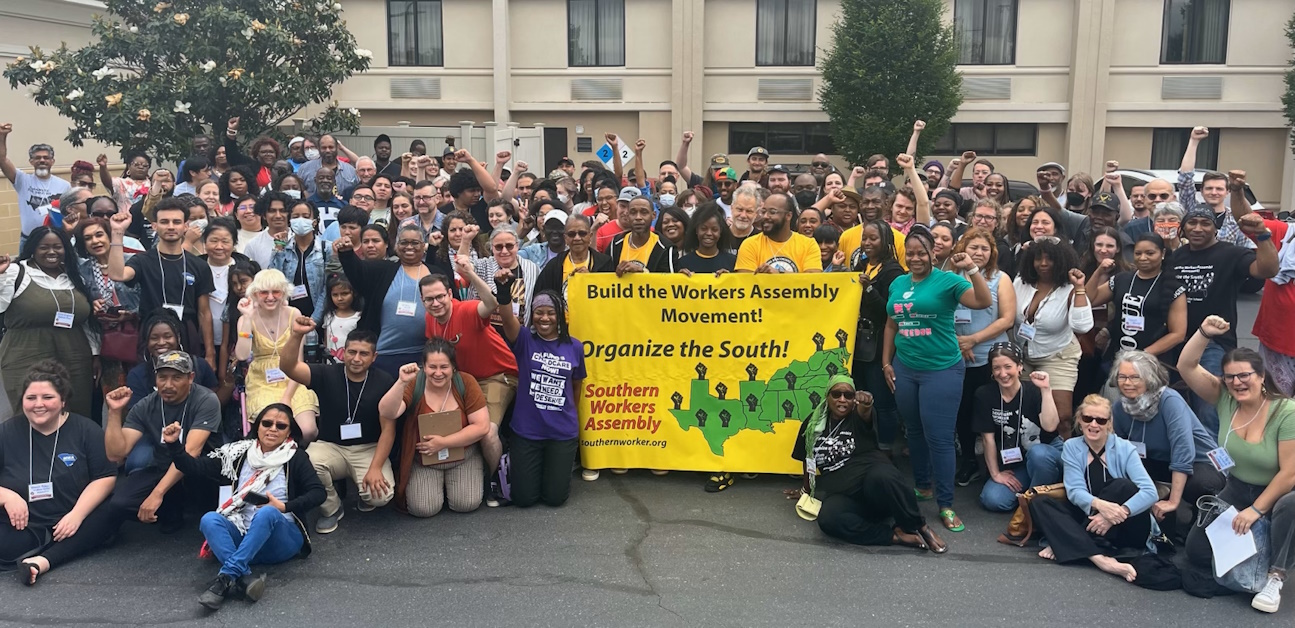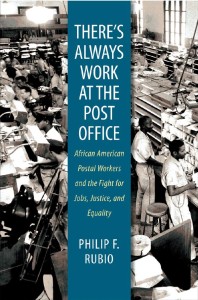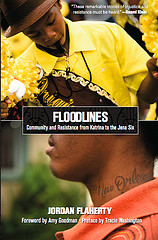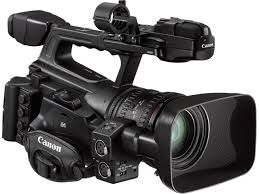As the floodwaters rose in New Orleans, Jordan Flaherty began to write, rescuing precious truths about the reality of racism and solidarity in his city that risked being washed away in the tide of formulaic corporate journalism. I can think of no journalist that writes with deeper knowledge or more love about this highly contested part of the United States. With a new flood threatening life on the Gulf Coast – this time made of oil, not water, but powered, as always, by greed and neglect – these remarkable stories of injustice and resistance must be heard.
– Naomi Klein, author “The Shock Doctrine”
.
This is the most important book I’ve read about Katrina and what came after. In the tradition of Howard Zinn this could be called “The People’s History of the Storm.” Jordan Flaherty was there on the front lines. He compellingly documents the racism, poverty, and neglect at the core of this national failure and the brave, generous, grassroots revolutionaries who saved and continue to save a city and a people. It is my favorite kind of book – great storytelling, accurate accounting, a call for engagement and change.
-Eve Ensler, playwright, The Vagina Monologues, activist and founder of V-Day
.
Jordan Flaherty is one of the best and most courageous writers in America today. Beyond his obvious writing skills, what I admire most about Jordan is his dedication to truth-telling, to bringing the real and whole America to the American people. At a time in our nation when there is so much distortion of current events and history, Jordan Flaherty represents the core of who we truly are. And what we are capable of being as citizens of this ever-changing world.
-Kevin Powell, Author of Open Letters to America
.
Jordan Flaherty is an independent journalist for the Hip-Hop generation. As a white anti-imperialist who is committed to social and racial justice, Jordan brings out the voices of the victims and survivors of Hurricane Katrina and the levee breach in New Orleans. This book not only speaks truth to power but is a rallying cry for all of us to take action. With this definitive work, the voices of the grassroots, the communities resisting displacement, finally have a voice.
– Rosa Clemente, 2008 Green Party VP Candidate, Hip Hop Activist and Journalist
Jordan Flaherty’s Floodlines takes us back into the path of the storm, evoking the almost unfathomable racism and hatred of the poor that the levee breach exposed, and exposing the continuing complicity with white supremacy of both state and nonprofit recovery efforts and of the white Left. His is an unrelenting narrative that manages to chronicle the multiple system failures after the storm yet uplift by passionately detailing the spirit and history of organizing by grassroots New Orleanians in the years since the storm. With millions of gallons of oil pumping into the ecosystem from the Gulf of Mexico, all of our lives could depend on the knowledge Flaherty’s friends and comrades wrestle from their history.
– Mab Segrest, Author, “Memoir of a Race Traitor”
.
The usual Katrina narrative tracks government incompetence during the emergency phase and and corporate greed — or inertia — in its aftermath. Jordan Flaherty tells a less well known story, centered on the boisterous infrastructure of left-leaning community groups and non-profits that were fired up by disaster and still struggle to shape New Orleans’ recovery. Flaherty is part of that movement. His vantage brings hands-on intimacy to this chronicle and poignancy to his conclusions.
.-Jed Horne, author, “Breach of Faith, Hurricane Katrina and the Near Death of a Great American City”
.
Here’s the missing news from the Crescent City: folks are fighting back. Indeed, as Flaherty reminds us in this remarkable and noble book, the very soul of New Orleans is struggle. As southern Louisiana again faces a man-made catastrophe, his portraits of activism and hope could not be more timely.
Mike Davis, Author, “Planet of Slums”
Jordan describes reality from the ground up. You’ve heard of the eagle’s eye view: this is the earthworm’s. Jordan knows who actually turns over the earth, and he follows them, even when most look away. His book brings us the good news of who’s working for change (and how) but also the reality about the price those people pay for our indifference.
-Laura Flanders, Host, Grit TV, Author, “Blue Grit: True Democrats Take Back Politics from the Politicians”
Jordan Flaherty is a journalist who causes revolution with the printed word. This book is a testament to the power of the pen when its in the hand of a freedom fighter and a global thinker. While others are just writing these stories, Jordan Flaherty is living them.
– Jesse Muhammad, Final Call Newspaper
Jordan Flaherty’s first calling is as a dedicated community organizer, but he’s also a top-rate investigative journalist. The oppressed communities of New Orleans and larger Louisiana are fortunate to have this talented and compassionate reporter in their midst. This book is invaluable to the United States’ social justice movement that relies on his expertise, honesty, and truth.
-Roxanne Dunbar-Ortiz, Author, “Blood on the Border: A Memoir of the Contra War”
.
Since Hurricane Katrina hit, Jordan Flaherty has—with spectacular dedication—chronicled New Orleans’s political changes with care and passion. His stories are the ones we all want to read: the tireless work of organizers in the city, the obstacles they face and the triumphs they celebrate….which ultimately inspire all of us.
.-Daisy Hernández, Executive Editor, ColorLines, the newsmagazine on race and politics.
.
“Want to know what really happened to regular people during and after Katrina? Read this book and get the real stories. Read this book and get angry. Read this book and get busy making changes.”
. -Bill Quigley, Legal Director, Center for Constitutional Rights
.
Jordan Flaherty’s work has been indispensable for social justice activists and organizations around the country who care about the inequities and social injustices that Hurricane Katrina revealed and exacerbated. He brings the sharp analysis and dedication of a seasoned organizer to his writing, and insightful observation to his reporting. Jordan unfailingly has his ear to the ground in a city that continues to reveal the floodlines of structural racism in America.
.– Tram Nguyen, author, “We Are All Suspects Now: Untold Stories from Immigrant Communities after 9/11”
.
After the flood, many of us turned to Jordan Flaherty’s dispatches for real-time real talk about what was really going on in his beloved New Orleans. His from-the-low-ground accounts of how the politics of abandonment, the politics of containment, and racism combined to devastate this proud global city were brave and unsettling. His passionate, unsparing writing on the community organizers and the people struggling to make themselves and their city whole reminded us of the stakes. At this crucial point in American history, Floodlines captures the urgency of New Orleans and reveals why its recovery and renewal is one of the most important battles for justice in our time.
—Jeff Chang, author, “Can’t Stop Won’t Stop: A History Of The Hip-Hop Generation”
“Floodlines is a powerful, moving account of one organizer’s witnessing of the struggles in the Deep South, and fighting to make a difference. Jordan masters the insider’s voice, capturing the real fight from within the heart of the movement.”
– Jennifer Vitry, Executive Director, NOLA Investigates






